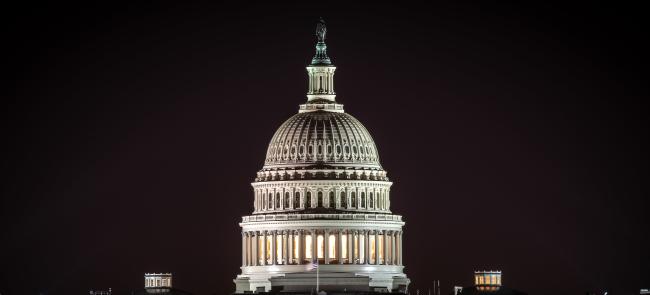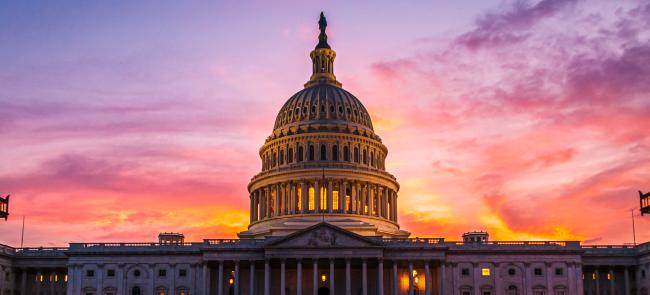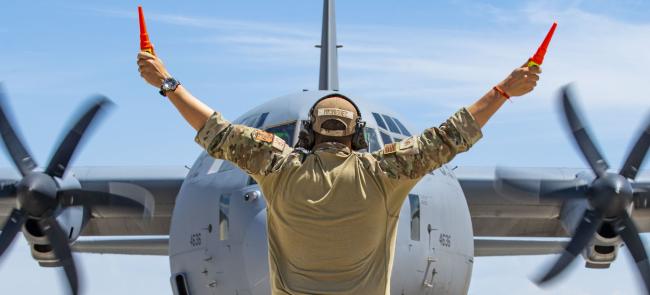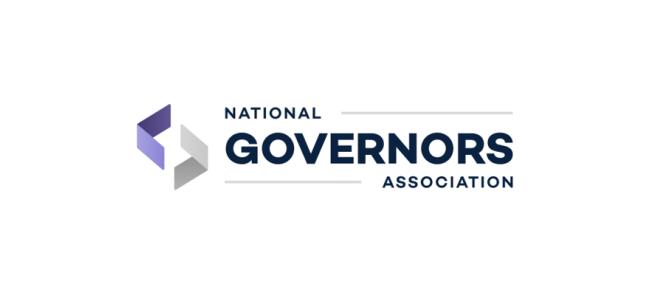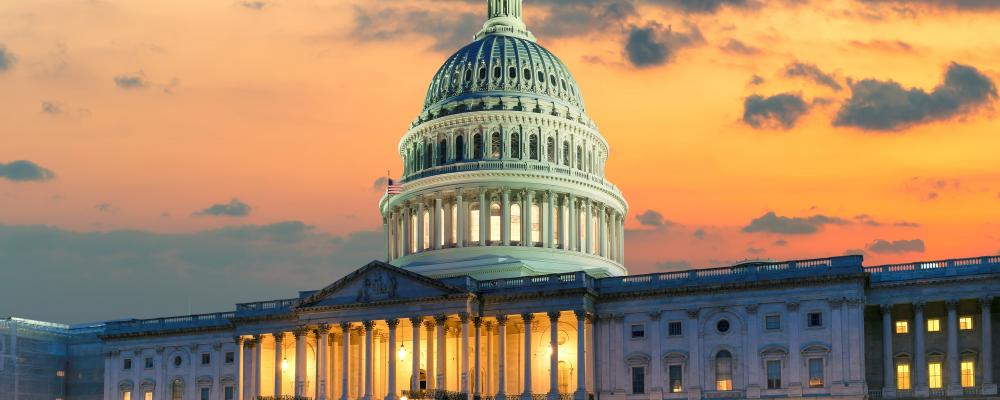
More than two months after the House finished working on its version of the fiscal 2023 National Defense Authorization Act, the Senate has begun crafting its edition of the annual defense policy bill.
Last week, the Senate briefly addressed the measure advanced by the Senate Armed Services Committee in July before recessing until November.
Considered must-pass legislation, the Senate isn't scheduled to hold its first votes on NDAA amendments until after the midterm elections.
For now, congressional and committee staff will negotiate which of more than 900 proposed amendments will reach considerations for the final bill.
The House voted on 650 of 1,219 proposed amendments, with a majority passing without any floor debate.
Before recessing last week, Sen. Jack Reed, D-R.I., and Sen. Jim Inhofe, R-Okla., incorporated 75 amendments into the bill, according to Roll Call.
Reed is the SASC chairman, while Inhofe is the panel's ranking Republican.
The Senate NDAA currently authorizes $817 billion for the Defense Department — $45 billion more than requested by the Biden administration — and $29 billion for the Energy Department's military programs.
The measure also includes a 4.6% pay raise for service members.
One amendment introduced by Sen. Bernie Sanders, D-Vt., Sen. Ed Markey, D-Mass., and Sen. Elizabeth Warren, D-Mass., would eliminate the additional $45 billion the Biden administration didn't request.
A similar effort was defeated in the House, and likely won't survive in the Senate.
Two separate amendments by Sen. Cindy Hyde-Smith, R-Miss., and Sen. Jerry Moran, R-Kan., would bar the “divestiture of any Tactical Control Party specialist force structure from the Air National Guard” until “the Chief of the National Guard Bureau, in consultation with the Chief of Staff of the Army and the Chief of Staff of the Air Force, provides a report to the congressional defense committees" detailing the capability gaps caused by divestiture and the impacts on “operational capabilities of the Army National Guard."
Sen. Tammy Duckworth, D-Ill., a retired Army Guard helicopter pilot, is anticipating how the House and Senate conferences will reconcile the difference in their bills.
Duckworth urged her colleagues to keep two provisions relevant to Guard and Reserve members.
The first provision would streamline the promotion system to ensure benefits are delivered without undue delay.
The second measure would approve a study of the costs and benefits of TRICARE Reserve Select for all reserve-component service members free of charge.
Zero-cost TRICARE is a legislative priority for NGAUS and Gen. Daniel R. Hokanson, chief of the National Guard Bureau.
Sen. Marsha Blackburn, R-Tenn., also has a proposal to prevent the discharge of service members refusing the COVID-19 vaccine without an allowed exemption if the services keep missing their recruiting goals.
More likely to garner bipartisan support is an amendment from Sen. Dianne Feinstein, D-Calif., to create a Space National Guard, another NGAUS legislative priority.
Feinstein's amendment mirrors a proposal in the House-passed NDAA.
The possibility exists that like last year, the Senate moves forward to a conference committee without holding a floor vote.
Without a floor vote, provisions in the House bill, could be on the negotiating table.
For example, one provision would give Washington, D.C.'s mayor the same authority over the D.C. National Guard the governors of states and territories have over their National Guard elements.
The House version of the NDAA additionally includes no-cost dental care for every National Guardsman and Reservist, but it's unclear if the measure will make the Senate bill.
The language comes from a bill by Rep. Andy Kim, D-N.J., and Rep. Trent Kelly, R-Miss., two House Armed Services Committee members, at the behest of NGAUS.
— By Jennifer Hickey

